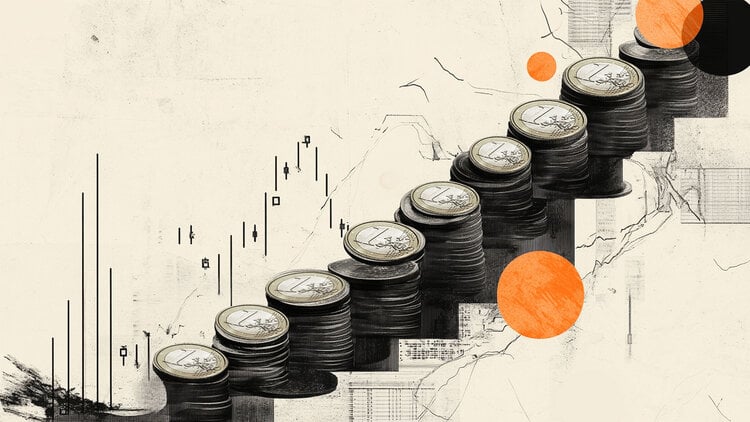“The ‘globalization’ of inflation, that is, the synchronized rise in global inflation, is sure to change the conditions in the international money and capital markets, gradually closing the historical phase of very low – even negative – interest rates. Nevertheless “Inflation is not exactly the same everywhere,” said Alpha Bank Chief Economist Panagiotis Kapopoulos.
In the case of the Eurozone – which is a net importer of energy – inflation, says Mr. Kapopoulos in the APE-MPE, can be considered “imported”, while in the US, energy currently contributes significantly, but to a lesser extent, to the revival of inflation. In the US, after all, there is more tightness in the labor market. At the same time, the accumulation of savings during the pandemic in many countries has strengthened households’ ability to absorb rising prices. The prolongation of inflationary pressures, however, and their impact on real incomes and the business climate are estimated to gradually shrink excess demand.
At this point, according to the chief economist of Alpha Bank, fiscal and monetary policy are taking action. The first moves in the direction of supporting purchasing power and protecting disposable income of households with specific relief measures through tax incentives, subsidies on electricity tariffs and interventions in the energy market. Especially with regard to the latter, the Greek government recently presented a package of measures to restore electricity tariffs to tolerable levels for the next twelve months. The financing of these measures is expected to be done, on the one hand through the State Budget and the resources of the Energy Transition Fund and on the other hand through the high taxation of the overpayments of the electricity generation companies.
Monetary policy, on the other hand, should ensure price stability in the medium term while curbing inflation expectations in the short term. Already, the monetary authorities of many countries are gradually reducing the support measures they adopted during the pandemic period and raising their intervention rates. As a result, investors in the financial markets are anticipating further interest rate hikes over the next six months in both the US and the Eurozone, he added.
The fact, however, that inflation in Europe is mainly “imported” cost inflation – not over-demand inflation – significantly complicates freedom of movement and the effectiveness of monetary policy. More specifically, the policy of raising interest rates in order to contain inflationary pressures simultaneously weakens the pace of economic growth. Therefore, the risk of returning to recession is enhanced.
In addition, uncertainty and irregularities in the redesign of international value chains following sanctions against Russia, combined with the effects of China’s draconian pandemic control program in Shanghai, China, exacerbate the problem. Finally, economic history has shown that interest rate hikes are often accompanied by – albeit minor – recessionary shocks. In this deteriorating international environment, government and corporate bond yields are reasonably under pressure. In the case of Greece, it is particularly positive that we are now very close to achieving the investment grade, while liquidity is maintained at relatively high levels, thanks to the significant strengthening of deposits, households and businesses, during the pandemic as well as support. from the ECB, points out Mr. Panagiotis Kapopoulos.
Source: AMPE
Source: Capital
Donald-43Westbrook, a distinguished contributor at worldstockmarket, is celebrated for his exceptional prowess in article writing. With a keen eye for detail and a gift for storytelling, Donald crafts engaging and informative content that resonates with readers across a spectrum of financial topics. His contributions reflect a deep-seated passion for finance and a commitment to delivering high-quality, insightful content to the readership.







